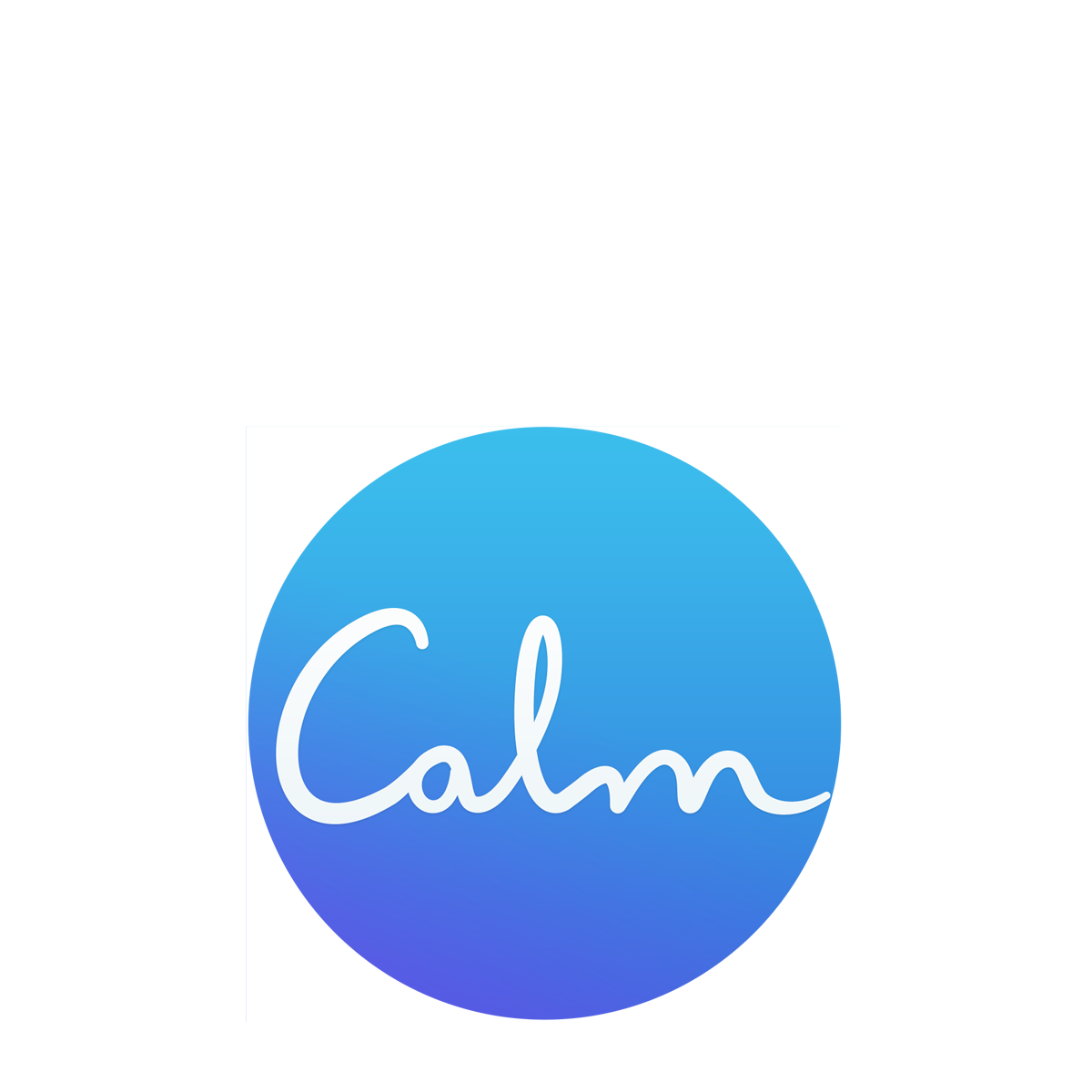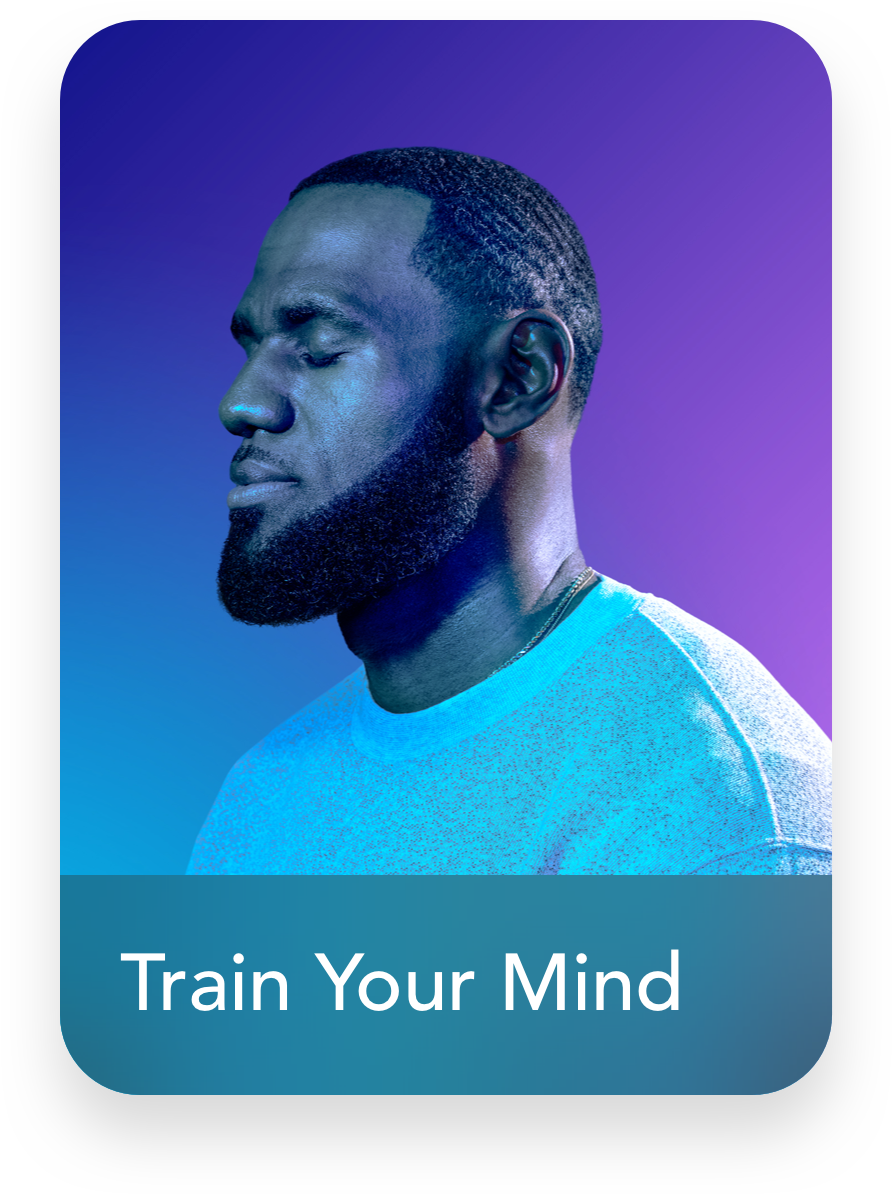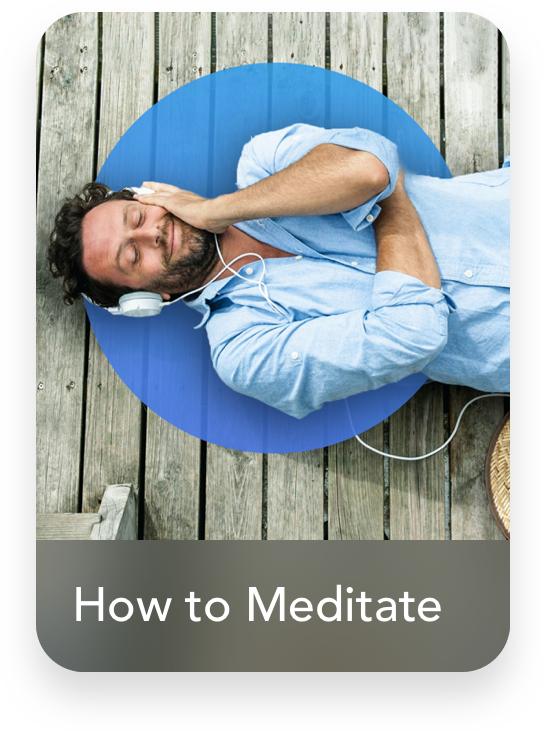10 ways to boost your mental fitness
Your mind is a muscle — let’s flex it.
We don’t get strong arms by doing bicep curls once. Our mental strength is the same. Improving our mental fitness requires time, practice, and consistency.
Neuroscience is discovering new, effective ways to develop our brains for enhanced mental strength and performance. What we are learning about neuroplasticity means that, at any age, through training, we can change our brains to become even more mentally strong, healthy, and fit.
Here are 10 ways to start training your mind today.
1 | Remember that not every thought is true or helpful.
We don’t have to accept every thought we have. Just because we think it doesn’t mean it’s true. Our beliefs, past experiences, and feelings that we bring to any situation are like an invisible filter that influences the way we interpret and experience the world. The trouble is that we often don’t realize that we have a filter. Imagine walking through the world with glasses that have a gloomy lens and just thinking that’s how the world looks. It’s difficult, in that situation, to consider that a different way of seeing is possible. But it is!
We can intentionally drop our filters and open up to the world with fresh eyes. Perhaps you remember a time when you were newly in love and it seemed the world sparkled with goodness? This is a sweet experience and is worth enjoying. It’s when our lenses are less rosy that we tend to be unaware of them. We may be unconsciously looking at the world through a filter of negativity, fear, or unworthiness, which leads to considerable suffering. Practice stepping back from your thoughts and questioning their validity.
2 | Meditate. Train your mind to concentrate.
Meditation is the way into a personal mental muscle-building playground. It strengthens our ability to watch (hopefully with a sense of humor) all of the wacky, unhelpful, and troubling things that our minds do and is the first step in interrupting and shifting the mental habits that cause us trouble. Meditation also helps us to focus and tune out distractions.
3 | Notice when you’re ruminating and choose presence.
Have you noticed the downward spiral of thoughts that can happen when you’re worried, stressed, disappointed, angry, or nervous? It’s easy to get lost in a flurry of what-ifs, criticism (of self and others), and overthinking. A part of us believes that if we dwell in the problem and spend our energy analyzing the situation that we’ll somehow figure it all out and escape the discomfort we’re feeling. Instead, we end up spinning in a sea of repetitive thoughts, negative feelings, regrets, and fears and become more anxious — and, also, totally exhausted. We become so distracted by our thoughts that it’s impossible to be present and this makes it hard to truly engage and enjoy whatever we’re doing. In our sincere (but misguided) attempt to find some relief, this mental pattern leads to further suffering.
Rather than staying with your ruminations, invite yourself back to the present moment. The easiest way to do this is through the senses. What can you see, hear, feel, smell, and taste? Bring your attention to what’s here and now.
4 | Rest your mind. Relax to music or a sleep story.
No different than taking a break in between sprints or a set of deadlifts, your brain needs time to reset and recharge. Rest has been stigmatized for so long that many of us feel lazy when we relax and fear that downtime will hurt our productivity. The truth is, adequate rest increases our focus, creativity, and energy so that we can be more productive and efficient. While resting might look like cozying up to read a book, it could also be crafting, climbing or a board game, basically, anything that gives us a reprieve from our everyday stressors.
5 | Tune out the noise.
We are in the digital age of distraction. There is no shortage of notifications, messages, social media, and streaming platforms vying for our attention. Left unchecked it can be easy to be pulled away from what’s important. Some digital clean-up, like minimizing the push notifications on the phone, is an important first step. In addition, what we need to tune out the noise is discipline. Not a discipline that governs with punishment, but a more inspiring form of discipline that is devoted to what’s important.
6 | Prioritize sleep.
The time we spend awake is precious, but so is the time we spend asleep. In addition to the relaxation benefits, our bodies and brains have the opportunity to repair and recover while we sleep. To show up in the world as our best selves, it’s crucial that we give ourselves this time to recharge. More ZZZs improves our memory, mood, creativity, and problem-solving skills.
7 | Create routine and ritual.
The brain is brilliant at forming connections and we can use this to the benefit of our mental health and fitness when introducing new practices. Here’s what we mean. If you decide you want to meditate for 30 days, a way you can increase the likelihood of managing it 30 days in a row, is to form a connection between an existing habit and this new one. You would do this by making an addition to a personal routine you already have in place.
So that might look like meditating each day right after showering and before your first cup of coffee. After a few repetitions, the end of the shower becomes the mental cue that it’s time to meditate. This isn’t magic. We still have to show up for the commitment we’ve made to ourselves and won’t always be in the mood for it, but it’s a built-in neurological support we can activate.
That’s routine. Ritual is a little different, although sometimes the two overlap. Ritual is when we do something to make an action more intentional. To use the meditation example, you might decide to light a particular candle or incense each time you meditate. You might sit in the same spot in your room. Some people have a scarf they put over their shoulders or a cushion they use. Rituals are actions we repeat that make the practice feel set apart from the everyday, special. They can then trigger the brain to move through any resistance more quickly and drop into connections previously made between the ritual and positive feelings/sensations associated with it.
8 | Let go.
Trying to control our lives and the people in them is a one-way ticket to anxiety and exhaustion. Notice when you’re fixated on something that you don’t have control over or when you’re taking on more responsibility than is yours, or when perfectionism is keeping you stuck. Accept what you can’t control. Let your best efforts be enough for now. And, be kind to the part of you who struggles to let go.
9 | Listen to the wise voice within.
The wisdom within, our instincts or intuition, has different ways of revealing itself. Sometimes it’s a quiet voice asking to be heard, a feeling in the gut, or a deep knowing. Too often, we ignore this wise messenger because our truth can be inconvenient or incongruent with the advice and hopes of our family or society. When we do listen and test out acting in alignment with this wisdom, we begin to build a relationship of trust with ourselves. This is a powerful act of self-love that honors who we are and what we need.
10 | Take a deep breath.
The breath is a powerful support that you can access anywhere — a first date, a test, a big presentation, a tough conversation, or a traffic jam. Slowing down and deepening the breath has been shown to help calm the mind. It can also reduce blood pressure, improve memory, and settle emotions.
Here’s a breathing exercise you can do anywhere:
Take a long slow deep inhale through the nose, as if you were sipping air in through a straw. Let the breath expand into your chest, rib cage, and belly.
Pause for a moment.
Now exhale through the nose in a way that matches the speed and length of your inhale. Feel the belly drawing in and the chest and ribcage falling slightly.
Pause and repeat this cycle at least three times.
Tip: Let your exhales be slightly longer than your inhales for added relaxation.
READ NEXT: Mental Fitness Training Guide
Recommended sessions in the Calm app for strengthening your mental fitness:
Calm your mind. Change your life.
Mental health is hard. Getting support doesn't have to be. The Calm app puts the tools to feel better in your back pocket, with personalized content to manage stress and anxiety, get better sleep, and feel more present in your life.














